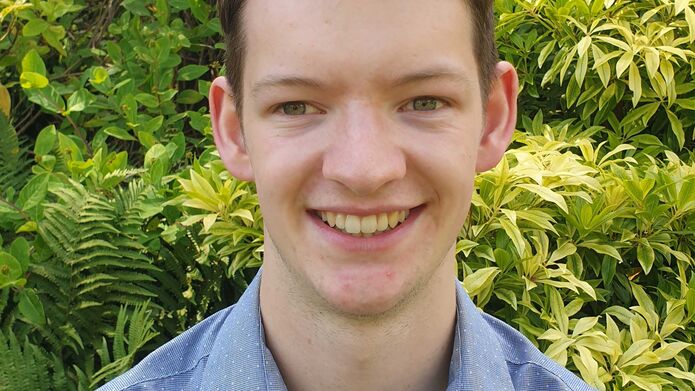Sustainability and Environmental Modelling MSc
Environmental modelling can help improve environmental systems. You will learn how to do this through research and analysis

Sustainability and environmental modelling can help improve environmental systems through research and analysis. This can help us work towards sustainability and plan for the future through decision-making and policy.
Environmental modelling integrates data to create models that simulate potential outcomes. This data can be on natural resources, ecosystems, and human activities.
You will learn about sustainability principles and how to drive pro-sustainability change. You will develop practical skills for implementing these changes. You will also learn to be able to guide individuals and society towards more sustainable practices.
You will learn about strategic decisions on complex sustainability issues. This will be in regard to the law and governance that relate to these.
In 2015, all UN countries pledged support for the 17 Sustainable Development Goals. These goals aim to create a more prosperous future while protecting natural resources.
In the same year, 196 countries adopted the Paris Agreement at COP21. They committed to limiting global warming to well below 2°C and pursue efforts to keep it to 1.5°C above pre-industrial levels.
Our Sustainability and Environmental Modelling course aligns itself closely with these goals. You will have the opportunity to learn more about them during your studies.
Our course is a one-year postgraduate degree. Our teaching is research-led and ensures you gain up-to-date knowledge and skills.
You will explore a diverse range of topics. You will start by learning about the foundational concepts of sustainability and the low carbon transition. You will then explore global Environmental, Social and Governance (ESG) standards. Our course teaches the role of ESG standards in driving sustainability practices.
Our course addresses practical challenges. You'll develop skills to make informed decisions using computerised modelling and assessment techniques.
A significant aspect of this course is its research-driven methodology. You will complete a dissertation. This will be on a topic of your choice within sustainability and environmental modelling. This enhances your analytical and project management skills. It will also prepare you for impactful contributions in an evolving field.
You will learn to formulate, review, analyse, and communicate insights in energy governance.
You will have the opportunity to go on a related placement with industry or the public sector, where you will work on an actual case for real clients.
In 2015, all UN countries pledged support for the 17 Sustainable Development Goals. They did so to achieve a more prosperous future for all while protecting natural resources. This course aligns itself closely to these goals and you will have the opportunity to learn more about them during your studies.
CEPMLP has been a global voice of energy law and policy since 1977. We are now working towards the transition to low-carbon economies worldwide. With over 6,000 postgraduate alumni from more than 80 countries, we prepare our graduates for high-profile careers in the public and private sectors.
Internships

Students may be able to apply for an internship to develop employability skills and gain valuable work experience.
This is one of our Sustainability degrees. You can also choose from:
If you have any questions about the admissions process, studying, or living in Dundee, please contact us
